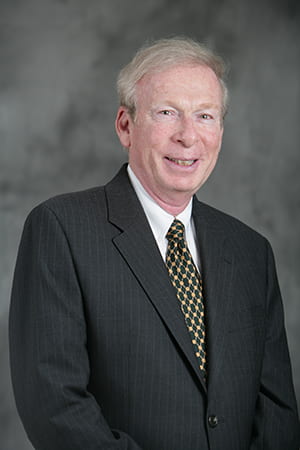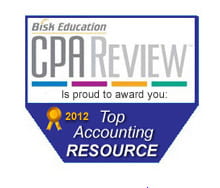Jerome “Jay” Powell Nominated to be Federal Reserve Chair
I am quoted in the Smith Brain Trust on the nomination of Jerome “Jay” Powell to be Federal Reserve chair.
Powell, announced Thursday as President Donald Trump’s choice for Federal Reserve chair, represents continuity for monetary policy in the U.S., says Clinical Professor of Finance David Kass at the University of Maryland’s Robert H. Smith School of Business. Powell has been a member of the Fed’s board of governors since 2012. Not an economist by training, Powell was a lawyer and former partner at the Carlyle Group private-equity firm.
Chair Janet Yellen’s term is set to end on Feb. 3. She nears the end of her term amid accelerating economic growth, a 16-year low in the unemployment rate and tepid inflation.
Although Yellen could have been reappointed – a decision that would have been welcomed by the markets, Kass says – Trump had said he wanted to tap his own nominee for the position, rather than reinstating an incumbent.
Powell and Stanford University economist John Taylor were seen as the likely potential successors.
Taylor was seen as a potential interest rate hawk, having authored the so-called Taylor Rule, a forecasting model that can be used to determine an appropriate rate strategy depending on shifts in economic fundamentals. Kass says Taylor would have “posed a threat to the stock market.”
Not so with Powell, Kass says. Powell is perceived as slightly more dovish than the average Board of Governors member and has typically voted with Yellen. With that perceived continuity, Kass says, “the financial markets will be receptive.”
“Interest rates are to stocks what gravity is to matter,” Kass says, quoting Warren Buffett. In other words, Kass says, stocks “have been performing well largely as a function of the historically low rates we’ve had.”
Higher interest rates, while they seem inevitable, will have a dampening effect on equities.
“Higher interest rates would tempt investors to pull money out of stocks and into treasuries,” Kass says. “Higher interest rates also increase the cost of capital for corporations, increase interest expenses and lower profits.”
Powell is expected to continue leading the Fed’s deliberate approach to unwinding recession-era stimulus measures as the economy expands.
This means raising short-term interest rates in quarter-percentage-point increments through 2020 while slowly shrinking the Fed’s $4.2 trillion portfolio of treasury and mortgage-backed securities it purchased to suppress long-term rates.
The Powell nomination also gives Trump timely political advantage, Kass says. A healthy stock market that reinforces the economy gives him more oxygen for getting legislation through, Kass says. “And,” Kass adds, “he’s perhaps looking ahead three years to his possible re-election.”




